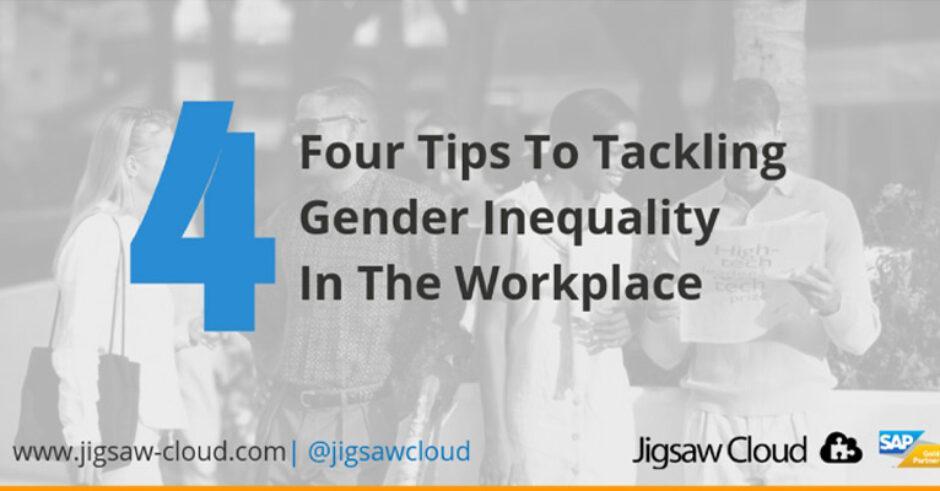Despite the strides that have been made over recent years, gender inequality is still taking place within some businesses.
On average, full-time working men still earn 9.1%, (£1.32), per hour more than full time working women. This figure then increases to 18.4%, (£2.52), per hour for part-time workers. – Fullfact.org
There are more men in senior roles across the UK and many women have to take maternity leave or child caring time off that can halt their career progression.
Company leaders and HR departments play vital roles in overcoming gender inequality issues and creating a company cultures of fairness.
Below are four practical tips that employers can use in order to ensure a more level playing field for both men and women in their business:
Reducing the Gender Pay Gap
‘The gender pay gap can only continue if a culture of secrecy is encouraged within a company. A new culture of transparency needs to be introduced which challenges a company to investigate the pay gap between women and men and stops asking candidates what they were paid for their last job.’ – Nextgeneration.ie.
Studies show that when women negotiate for higher salaries, people may react more negatively compared to a man asking for a higher salary. Implementing a no negotiation policy in regards to salaries may contribute to decreasing the wage differences between men and women.
Rethinking Your Interview Process
‘Do you plan on having any children in the near future?’
This question, along with several others, unfortunately are not unknown to women during a job interview process. Some businesses are sceptical of hiring women who may be looking to start a family soon and therefore take maternity leave. Women have also been questioned about whether they would require shorter working hours than men.
It is important that job interview questions are reviewed and identical for both men and women candidates. Interviewers should equally be male and female to ensure no hiring bias takes place. Interview candidates should be mixed of both genders no matter what the job role may be or entails.
Looking Into Flexible Working
‘Companies need to play a vital role in supporting mothers by working together to agree on a fair and balanced workplace that will promote productivity, while also allowing flexibility and the option to work remotely where possible.’ – Nextgeneration.ie
The standard 9-5 office job rules are changing. Businesses are now seeing the wellbeing and health benefits of giving employees the option of remote working or a flexible working schedule. By doing this, companies are helping to encourage a healthy work to life balance.
Squashing Workplace Harassment
One in four women say that have been subjected to sexual harassment at work.
Employers and HR departments are responsible for preventing and dealing with these situations appropriately. Companies should have an open-door policy in place where people understand how to report cases of harassment. It is the organisations duty to then fully investigate any claims made and have a strict disciplinarily procedure for any wrong-doers.
All organisations should make it clear that they do not tolerate harassment towards anybody, both male and female, within the workplace.
The Business Transformation Network has shared this article in partnership with Jigsaw Cloud.




